Keywords: Family Violence
-
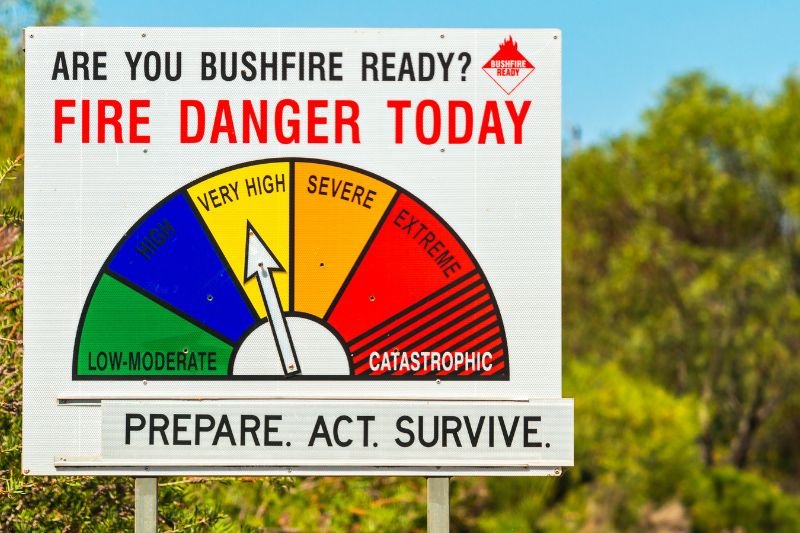
AUSTRALIA
- Andrew Hamilton
- 16 March 2023
2 Comments
As the National Council for Fire and Emergency Services updated Australia's fire danger ratings to include 'Catastrophic', it's worth considering other crises that pose a catastrophic threat like climate change, war, diseases, and economic loss, where disadvantaged groups disproportionately suffer.
READ MORE
-

AUSTRALIA
- Danusia Kaska
- 08 March 2023
3 Comments
Women over 55 are the fastest growing homeless group in Australia. With over 400,000 women at risk of homelessness, it's Indigenous women, women with disabilities, women from migrant or refugee backgrounds, and women with mental illness who are disproportionately vulnerable.
READ MORE
-
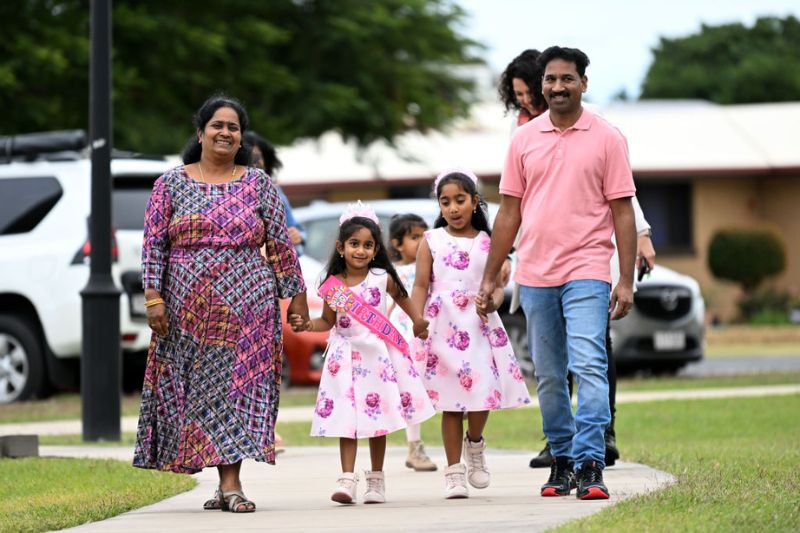
AUSTRALIA
- David Halliday, Michael McVeigh, Laura Kings, Michele Frankeni, Andrew Hamilton, Julian Butler
- 21 December 2022
2 Comments
To close the year for Eureka Street, the editorial team wanted to nominate who we considered to be the Eureka Street ‘person of the year’ based on who we think somehow embody Eureka Street values.
READ MORE 
-
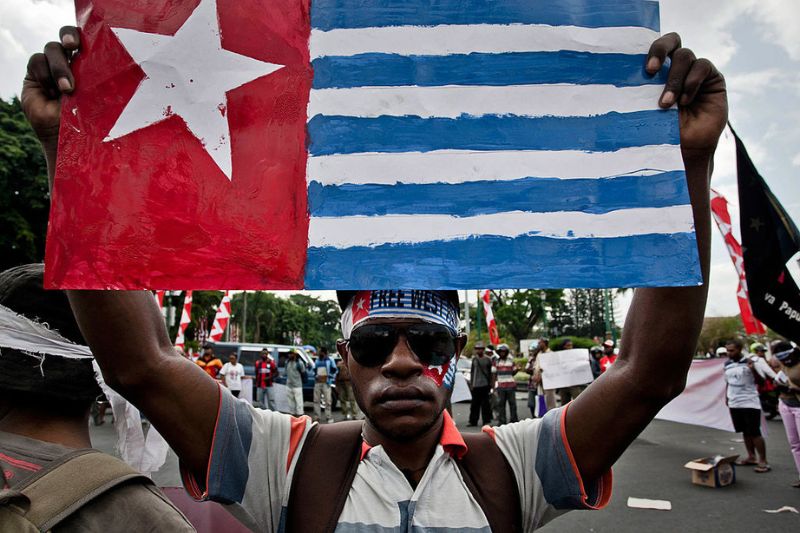
INTERNATIONAL
- Susan Connelly
- 01 December 2022
2 Comments
Filep Karma was found dead on a beach on 1 November, 2022. He was a respected and long-time activist for Papuan freedom. He was jailed in July 1998 and then released after eighteen months. In December 2004 he was again arrested and charged, being sentenced to fifteen years in prison. His crimes? Repeatedly raising the Morning Star flag.
READ MORE 
-
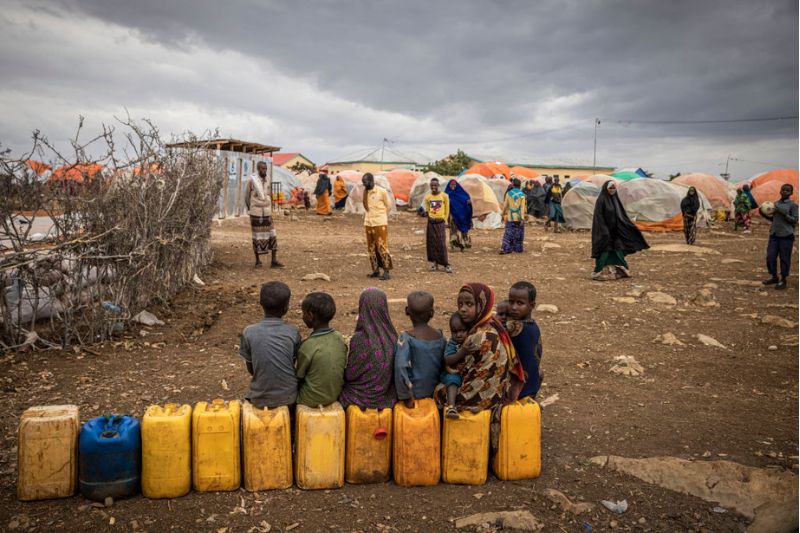
INTERNATIONAL
- Michael McGirr
- 10 November 2022
2 Comments
There are many special days in the year and there’s no harm in celebrating umbrellas, origami or crochet. But surely the World Day of the Poor has a special place. It asks us to see the world for what it truly is and it is not always a pretty picture.
READ MORE 
-
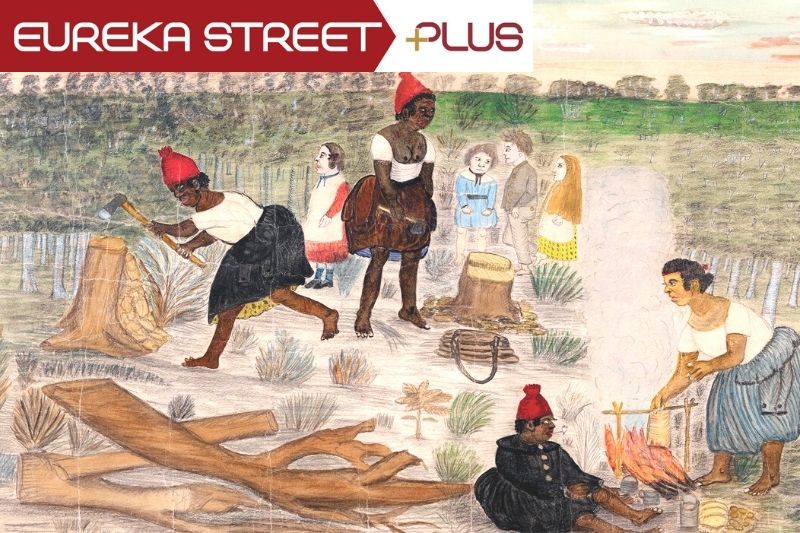
ARTS AND CULTURE
- Andrew Hamilton
- 16 September 2022
1 Comment
Joel Birnie’s short and admirable book provokes reflection both on what should have mattered in the relationships between colonial invaders and Indigenous peoples in the nineteenth century and on what matters in the relationships that constitute Australia today.
READ MORE 
-
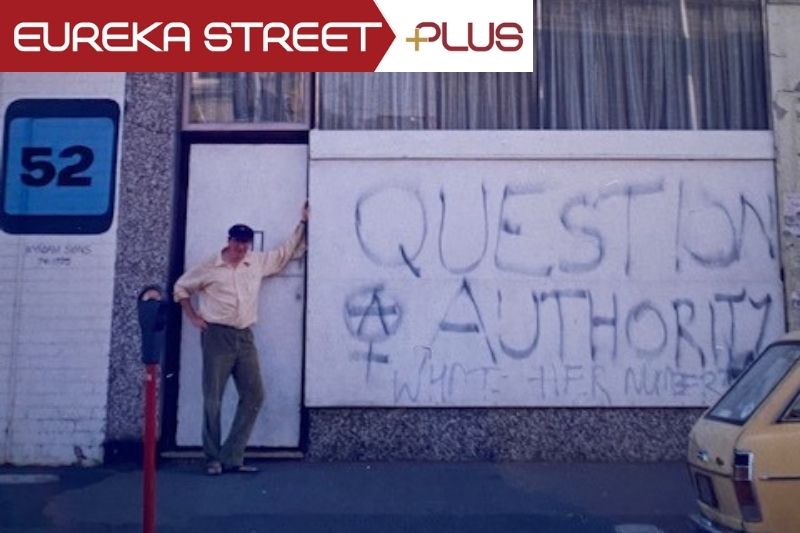
FAITH DOING JUSTICE
- Michael McGirr
- 09 September 2022
5 Comments
The Way had been a community of homeless people, built around difficult but wonderful characters. It taught me more than I can easily say. It was a world where things were not always as they seemed and people did not fit into little boxes. We had many challenging days and relationships with our guys were seldom easy, but there was an energy that found light in unexpected places.
READ MORE 
-

ARTS AND CULTURE
- Gillian Bouras
- 02 September 2022
1 Comment
Australian cultural icon and erstwhile publisher Hilary McPhee calls Telltale ‘a rare thing, an ingenious memoir,’ and she is right. It is interesting and reassuring to note that books about reading and recollections of reading habits seem to be proliferating. Perhaps such writing is a defence measure against worrying developments like universities in England, for example, axing their English Literature courses.
READ MORE 
-
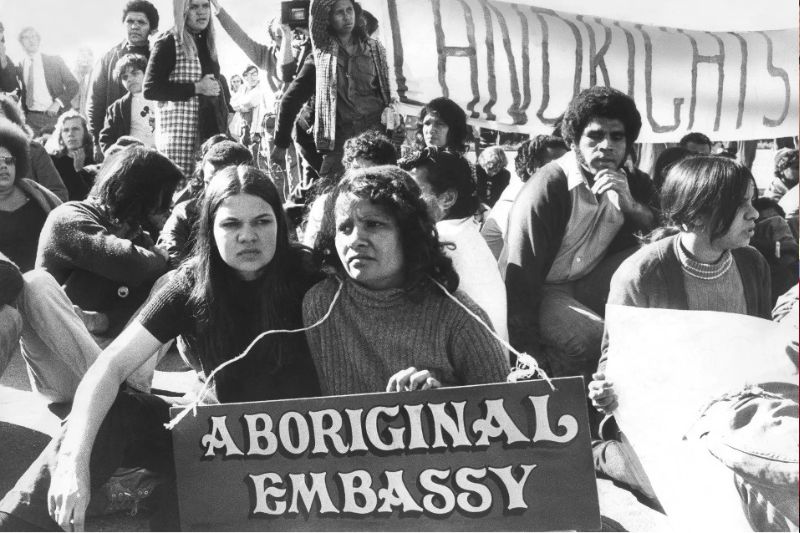
AUSTRALIA
The ‘Land Rights Now’ banner is hoisted against the wind, and the marchers set off for the Embassy. A young Aboriginal woman walks ahead of the banner. She has dyed her hair red. She turns and leans into the wind to face the marchers, holding a megaphone to her mouth. ‘What do we want?’ she shouts, ‘When do we want it?’ And she keeps going, exhorting the marchers. We reply ‘Land Rights … Now!’ The crowd tires before she does.
READ MORE 
-
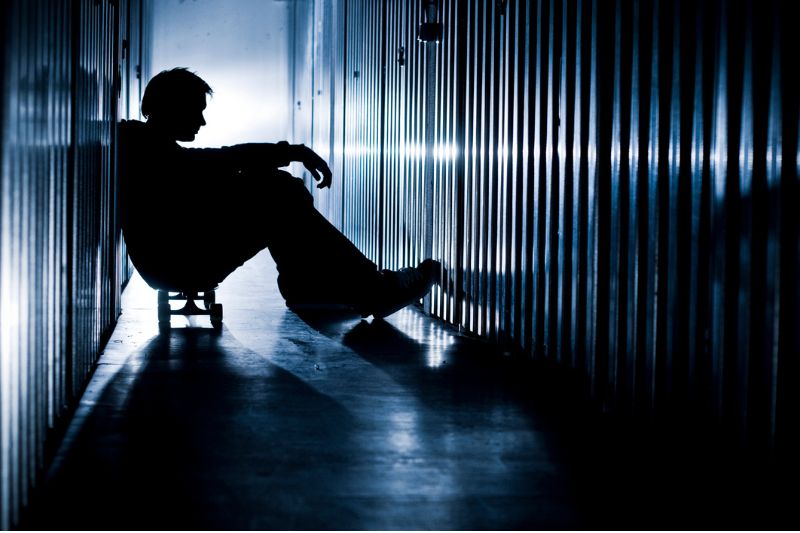
AUSTRALIA
Is there nothing Government can do to turn around the ever-increasing numbers of children requiring intervention by child protection, youth homelessness and justice systems? Government can start with policies that support families, in all their diversity, and begin to prioritize the needs of children above all else. And given all the evidence tells us that fathers matter to children, isn’t it essential to get fatherhood right?
READ MORE 
-

RELIGION
- Michele Frankeni
- 12 July 2022
1 Comment
Last week at the Plenary Council Second Assembly, it seems many of Australia’s bishops, for whatever reason, wanted to bury the talents available to them. They voted down motions related to the equality of dignity between men and women. The reaction according to commentators was visceral with members, not just women, upset and angry. It is likely the anger was more potent for the fact that the motions had become so anodyne that many assembly members are probably regretting the parsing and pruning.
READ MORE 
-
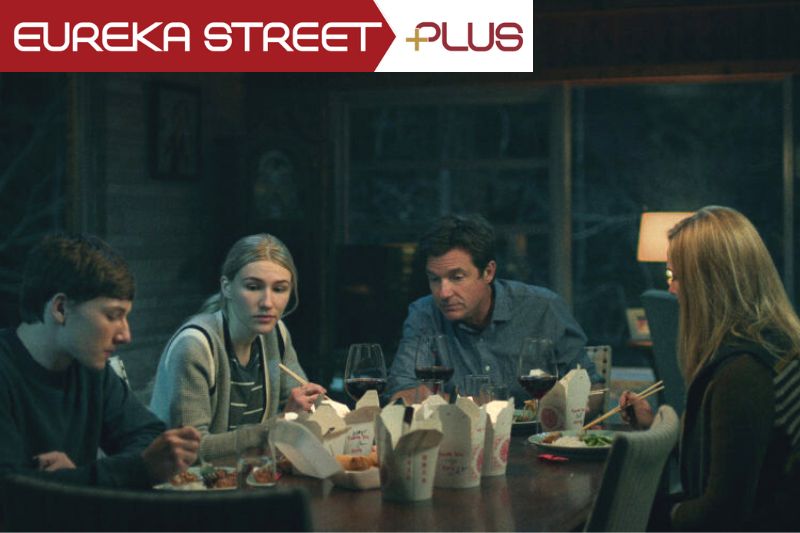
ARTS AND CULTURE
- Julian Butler
- 04 July 2022
Ozark is, at heart, an unflinching look at evil. I’ve always known I’d come back to each new release of episodes in part because the darkness is made watchable by the likeable faces of Jason Bateman and Laura Linney. They play the couple at the centre of a family amidst sinister violence and corruption. Indeed, the juxtaposition between the content and those faces is a key part of what makes the show so intriguing.
READ MORE 